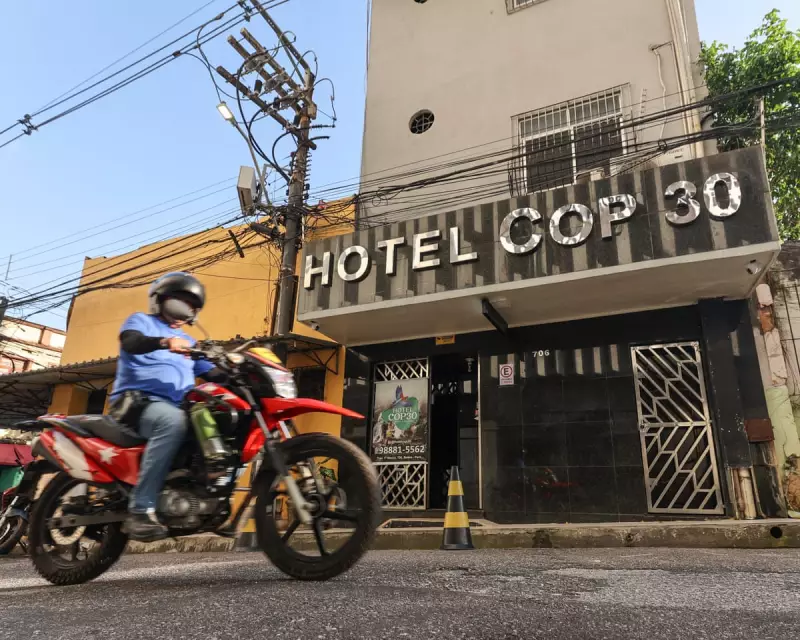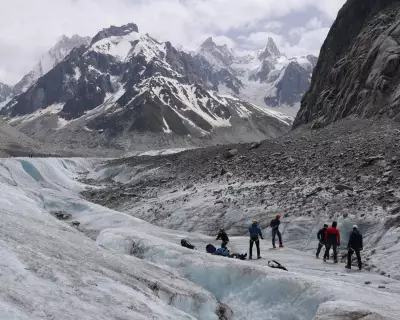
The United Nations is imposing strict limits on which staff can attend the crucial COP30 climate conference, The Guardian can reveal. The reason? The astronomical cost of accommodation in the host city of Belém, Brazil, which threatens to blow a hole in the organisation's budget.
Internal UN documents seen by this publication detail a new 'travel guidance' for the 2025 summit. The directive states that only those whose physical presence is deemed 'absolutely essential’ will be approved for the trip. This move is a direct response to hotel rates in the Amazonian city, which have soared to unprecedented levels ahead of the major international event.
A Budgetary Nightmare in the Amazon
Belém’s limited hotel infrastructure is struggling to cope with the impending influx of tens of thousands of diplomats, activists, and journalists. This shortage has allowed local providers to hike prices to what one source described as “extortionate” levels, far exceeding the UN's standard daily travel allowances.
The situation poses a significant challenge to the summit's operations. The UN relies on a large contingent of personnel to facilitate negotiations, provide technical expertise, and ensure the smooth running of the event. A skeleton crew could hamper these efforts, potentially undermining the progress needed at this critical meeting.
Broader Implications for Climate Diplomacy
This financial barrier highlights a growing tension in global climate diplomacy. While world leaders commit to urgent action, the practicalities of hosting these massive gatherings in often remote, climate-vulnerable locations create immense logistical and financial hurdles.
The squeeze on UN staff is likely a precursor to similar challenges faced by smaller national delegations and non-governmental organisations from the global south, who may find themselves priced out of participation entirely. This raises serious questions about equity and inclusion at a summit designed to address a global crisis that disproportionately affects the world's poorest.
All eyes will now be on the Brazilian authorities and the UN to find a solution, ensuring that the conversation about our planet's future isn't stifled by the cost of a hotel room.





